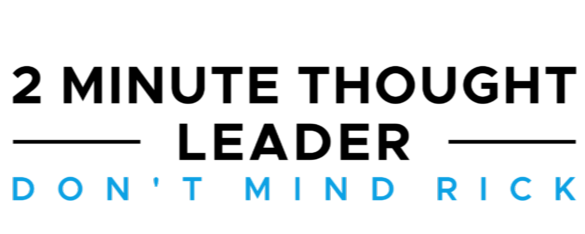#1 Unlocking Creativity

This edition’s books
- Creativity by John Cleese
Embark on an insightful journey with John Cleese as he explores the nuances of creativity. His book extends beyond mere exploration; it’s a guided tour through the labyrinth of the creative psyche.
With his unique blend of humour and wisdom, Cleese shares his vast comedy and writing experiences. This work provides practical tools, enriches with thought-provoking insights, and invites readers to unlock their creative potential. It’s a rich resource for anyone eager to understand and harness the power of creative thinking. - The Innovators by Walter Isaacson
This book is a masterful narrative that charts the evolution of the digital age. More than just a recounting of history, this book celebrates the resilience and ingenuity of the minds behind the computer and internet revolution.
Isaacson intricately portrays the lives of these pioneers, illuminating their journey and the creative processes that led to their groundbreaking innovations. This book is essential for those interested in technological progress and human ingenuity, offering insight into how their intersection has sculpted our current world.
My favourite on unlocking creativity is Steal Like an Artist: 10 Things Nobody Told You About Being Creative by Austin Kleon. It is a manifesto on how to think creatively and produce original work.
My summary and insights on the book
“Steal Like an Artist” is not just a book; it’s a manifesto for creativity in the modern world, echoing the sentiments of great minds like Picasso, who famously said, “Art is theft.” This book takes that concept and runs with it, offering a guide on harnessing the ideas and inspirations that have influenced us. Austin Kleon’s work is a nod to the wisdom of T. S. Eliot, who differentiated between immature and mature poets by their ability to steal and transform their theft into something unique.
Kleon’s book is a practical application of the idea that nothing is original and everything worth saying has been said before. It’s about looking at the world through the lens of what’s worth stealing and moving on to the next thing, a perspective that frees one from the binary of good and evil, focusing instead on what can be creatively repurposed.
David Bowie’s approach to art, studying only what he could steal from, is a principle that resonates throughout this book. It’s about being a mashup of what you let into your life, shaped by what you love. This is the essence of Kleon’s message: You are the sum of your influences.
As he advises, collecting good ideas is akin to what Mark Twain suggested: taking what is neglected and making it your own. It’s about faking it until you become authentic, copying until you find yourself. This process of imitation is foundational, as seen in how we learn to write, play music, or paint.
Kleon urges us to steal not the style but the thinking behind the style, to see like our heroes rather than look like them. This is how we create work that resonates with us as we should write not what we know but what we like, the stories we want to read and live the life we want to lead.
The book also touches on the importance of discomfort and new experiences in stimulating the brain, as Steve Jobs reflected on connecting the dots only in hindsight. As Kleon puts it, travel makes the world look new, and our brains work harder.
In a world where complaining is easy, Kleon suggests creating as a response. Routine is crucial. The abundance of time, resources, or options can stifle creativity. Constraints, a way, and the act of doing are the threads that weave through “Steal Like an Artist,” making it a tapestry of advice for anyone looking to live a creative life.
It’s a book that doesn’t just tell you to embrace your influences but to actively engage with them, to make them part of your work, and ultimately, to make them part of who you are.
